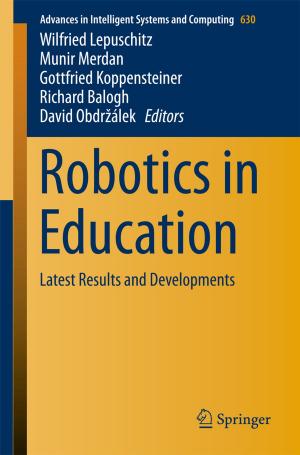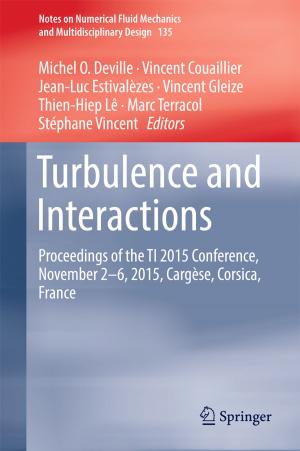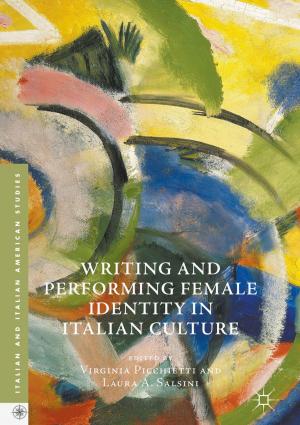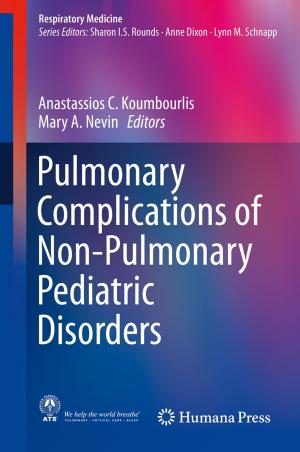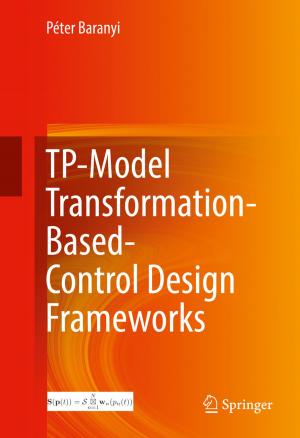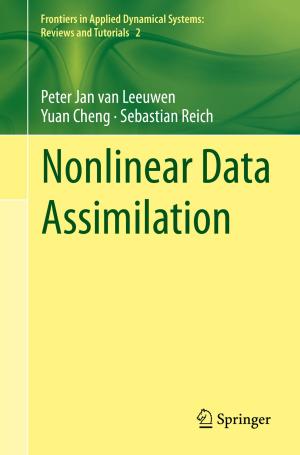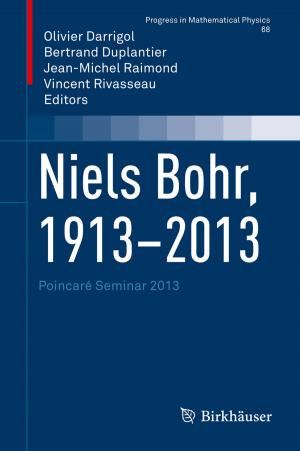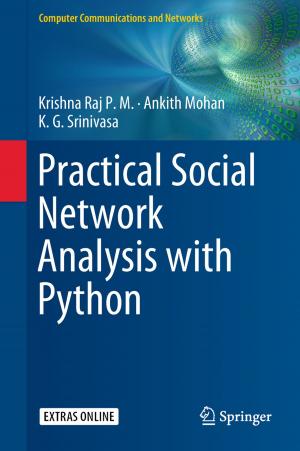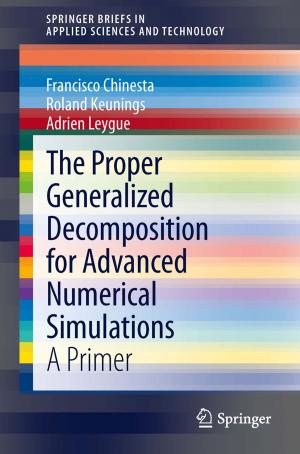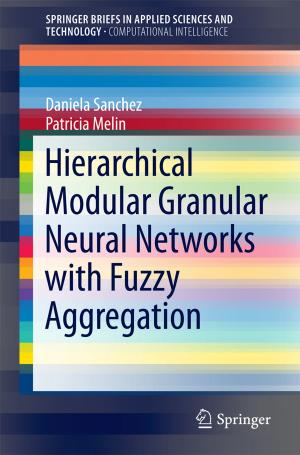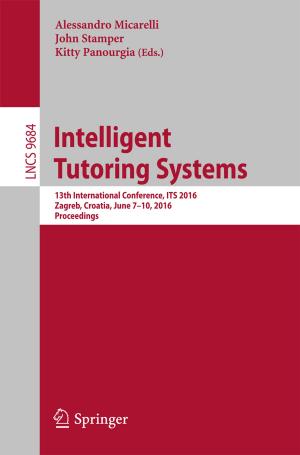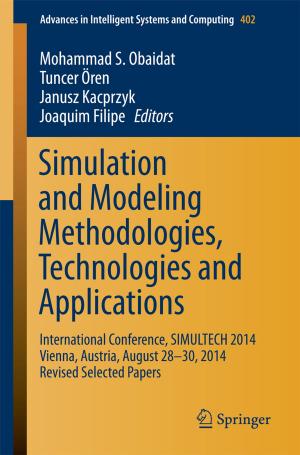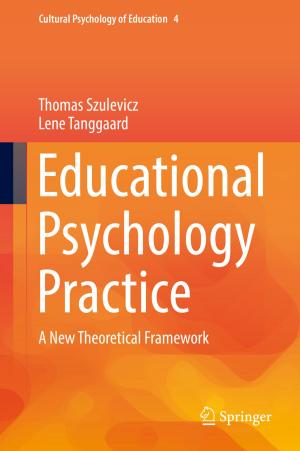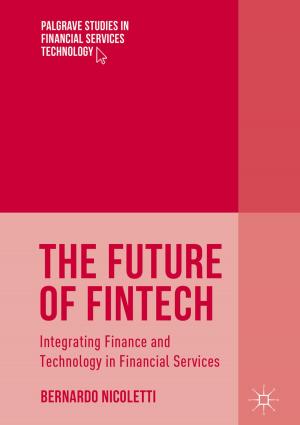Reexamining Academic Freedom in Religiously Affiliated Universities
Transcending Orthodoxies
Nonfiction, Religion & Spirituality, Reference, Education, Social & Cultural Studies, Social Science, Sociology, Marriage & Family| Author: | ISBN: | 9783319397870 | |
| Publisher: | Springer International Publishing | Publication: | December 21, 2016 |
| Imprint: | Palgrave Macmillan | Language: | English |
| Author: | |
| ISBN: | 9783319397870 |
| Publisher: | Springer International Publishing |
| Publication: | December 21, 2016 |
| Imprint: | Palgrave Macmillan |
| Language: | English |
Kenneth Garcia presents an edited collection of papers from the 2015 conference on academic freedom at religiously affiliated universities, held at the University of Notre Dame. These essays reexamine the secular principle of academic freedom and discuss how a theological understanding might build on and further develop it.
The year 2015 marked the 100th anniversary of the founding of the American Association of University Professors (AAUP), the leading advocate of academic freedom in America. In October 2015, the University of Notre Dame convened a group of prominent scholars to consider how the concept and practice of academic freedom might evolve. The premise behind the conference was that the current conventional understandings of academic freedom are primarily secular and, therefore, not yet complete. The goal was to consider alternative understandings in light of theological insight. Theological insight, in this context, refers to an awareness that there is a surplus of knowledge and meaning to reality that transcends what can be known through ordinary disciplinary methods of inquiry, especially those that are quantitative or empirical. Essays in this volume discuss how, in light of the fact that findings in many fields hint at connections to a greater whole, scholars in any academic field should be free to pursue those connections. Moreover, there are religious traditions that can help inform those connections.
Kenneth Garcia presents an edited collection of papers from the 2015 conference on academic freedom at religiously affiliated universities, held at the University of Notre Dame. These essays reexamine the secular principle of academic freedom and discuss how a theological understanding might build on and further develop it.
The year 2015 marked the 100th anniversary of the founding of the American Association of University Professors (AAUP), the leading advocate of academic freedom in America. In October 2015, the University of Notre Dame convened a group of prominent scholars to consider how the concept and practice of academic freedom might evolve. The premise behind the conference was that the current conventional understandings of academic freedom are primarily secular and, therefore, not yet complete. The goal was to consider alternative understandings in light of theological insight. Theological insight, in this context, refers to an awareness that there is a surplus of knowledge and meaning to reality that transcends what can be known through ordinary disciplinary methods of inquiry, especially those that are quantitative or empirical. Essays in this volume discuss how, in light of the fact that findings in many fields hint at connections to a greater whole, scholars in any academic field should be free to pursue those connections. Moreover, there are religious traditions that can help inform those connections.

